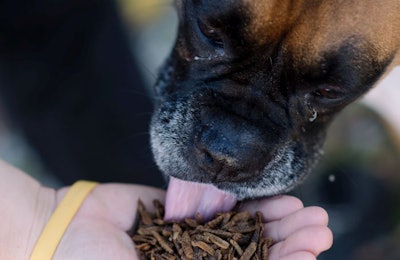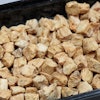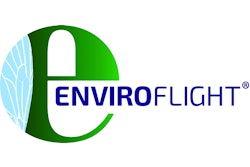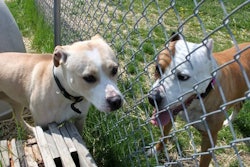
When cultural barriers don’t stand in the way, pet owners may accept insect-based ingredients in dog and cat foods. In the United States and Europe, many pet owners have witnessed their dogs and cats hunting insects. Knowing that dogs and cats instinctively dine on insects may lead to pet owners not having taboos about insects as novel protein sources in dog and cat food, even if they are squeamish about eating insects themselves. Meanwhile in other regions, many people don’t carry cultural or religious anathemas against eating arthropods, which makes insect-based protein in pet food all the more acceptable.
During Petfood Forum 2018, three scientists and pet food professionals will lead roundtable discussions on insect as pet food ingredients.
“Surveys I've seen suggest that people, even if they're not willing to eat insects themselves, they're not very opposed to having it in their pets’ diet or in the feed of animals that they then consume,” said Liz Koutsos, PhD, president of EnviroFlight. “I think part of that goes back to the fact that we've all seen our dog and cat play with a bug and eat it.”
The black soldier fly larvae product that Enviroflight produces smells similar to peanut butter, she said. People expect it to be noxious, but find it innocuous, especially compared to a tour of an abattoir where other animal proteins come from.
Global acceptance of black soldier fly larvae in pet food
Outside of the US and Europe, people may have fewer cultural taboos against insects in their own diets, which could lead to ready acceptance of black soldier fly larvae and other insects in pet foods. For example, a company in Colombia, Arthrofood, recently introduced a protein powder made from crickets for human consumption.
“If you go more towards the tropical areas where insects have probably been a staple of the diet throughout the evolution of people, there's definitely less aversion to the concept,” said Koutsos.
“Most countries outside of the ‘west’ are receptive to the concept of insects as food or feed,” Jeffery K. Tomberlin, PhD, associate professor in the department of entomology at Texas A&M University and chairman of EVO Conversion Systems.
“At this point we also don’t know how consumers will react to insects as part of their pets’ diets,” said pet nutrition consultant Mark Finke, PhD. “In developed countries there is a strong aversion to humans eating insects which likely would translate over to pets (at least initially).”
Petfood Forum 2018
Learn more from Koutsos, Tomberlin and Finke about insects’ inclusion in dog and cat diets at Petfood Forum 2018. Petfood Forum provides an opportunity for pet food professionals from around the world to network, exchange ideas and do business with one another and with the industry's leading pet food manufacturers and suppliers. Petfood Forum 2018 will take place at the Kansas City Convention Center in Kansas City, Missouri, USA on April 23 -25, 2018.

















